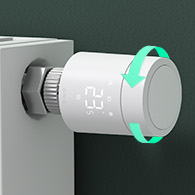Hi
First post on this forum, so a big hello!
I'm looking at renovating a house which needs rewiring and I'm wondering how much access is required. There are ceilings that need renewing and floors to be lifted for other work but is it better to get the rewiring done with that access made or doesn't it make much difference?
Great forum by the way!
Rob
First post on this forum, so a big hello!
I'm looking at renovating a house which needs rewiring and I'm wondering how much access is required. There are ceilings that need renewing and floors to be lifted for other work but is it better to get the rewiring done with that access made or doesn't it make much difference?
Great forum by the way!
Rob


